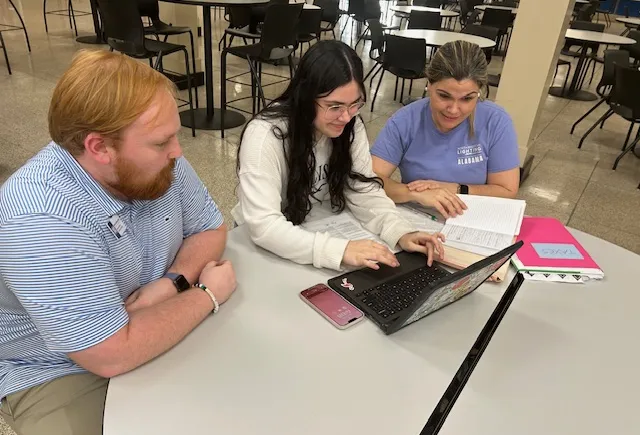[ad_1]
The U.S. Chamber of Commerce Foundation received a $1.5 million grant to create more training opportunities for high school students, postsecondary learners and incumbent workers, according to a March 6 announcement.
The grant will fund a pilot launch of the Employer Provided Innovation Challenges (EPIC) initiative, an online platform that aims to bring users together to create solutions for real-world, employer-led workplace learning challenges. The program, slated to start in fall 2023, is designed to prepare learners and workers for career advancement, as well as address the worker shortage.
“EPIC will provide learners with opportunities to work as a team on real-world industry problems that not only promote career awareness, but also career preparation,” Jason Tyszko, vice president of the U.S. Chamber of Commerce Foundation, said in the announcement.
Regional and national partners — including large corporations, small and medium enterprises, government agencies, municipalities and nonprofit organizations — will provide the challenges. The challenges will focus on the development and implementation of new ideas and new actions to create social value, rather than traditional business cases or entrepreneurship challenges that prioritize new business creation.
Through 2025, the foundation will organize up to 50 challenges and reach up to 500 learners through project management tools, frameworks and rubrics. As part of this phase, micro-credentialing options will be tested.
The grant comes from American Student Assistance, a national nonprofit working to change the way that students learn about careers and pathways to postsecondary education. The goal is to address the barriers to access for authentic work-based learning and soft skill credentials.
“Through our innovative partnership with the U.S. Chamber Foundation, we can better engage employees in work-based learning opportunities. Doing so provides support for career exploration and real-world learning and increases the opportunity for more young people to build skills to become workforce ready,” Julie Lammers, senior vice president of advocacy and corporate social responsibility for ASA, said in the statement.
According to recent research from ASA, about 79% of high school students would be interested in a work-based learning experience, yet only 34% were aware of opportunities for students their age. In addition, 2% of students had completed an internship during high school.
As part of EPIC, challenges will be based on the needs and interests of local partners, who will design and host the experiences in remote, hybrid and face-to-face environments. Organizations will participate across numerous industries, including healthcare, information technology, manufacturing, transportation, logistics, government administration, and civic and community-based options. As part of an industry focus, participants will be able to stack their credentials, which will allow them to pursue a pathway from broad career awareness to specific career preparation.
Similar employee development programs have been supported by employers in recent years, both as a way to build alternative pathways for skill-building and increase brand recognition among younger workers. At the same time, both workers and potential employees have voiced concerns about the outcomes of these programs and whether digital credentials lead to success and job offers.
[ad_2]
Source link









